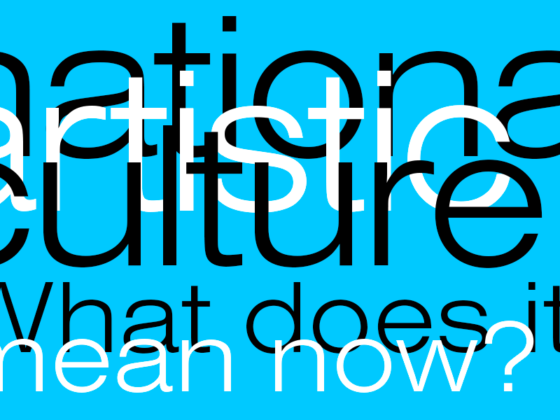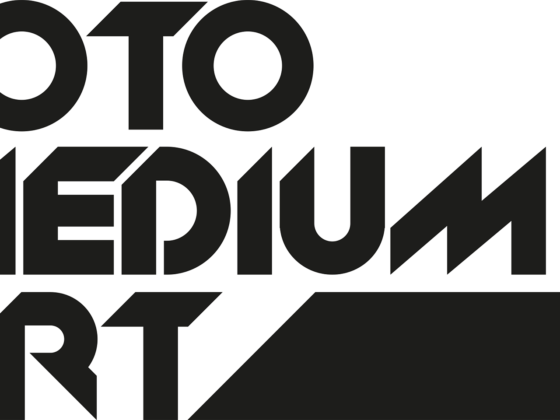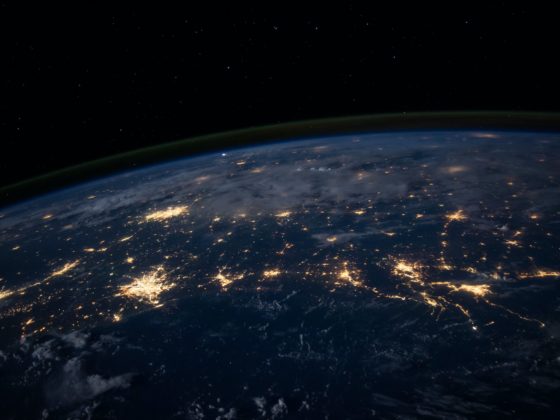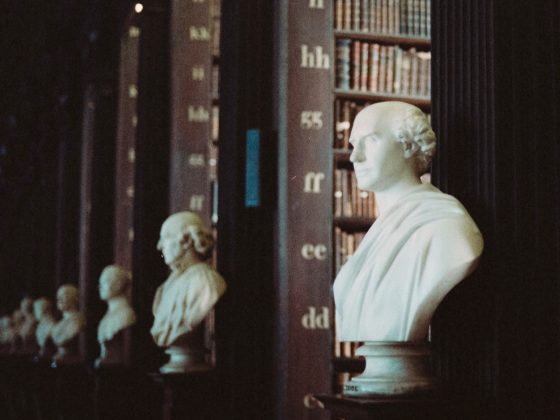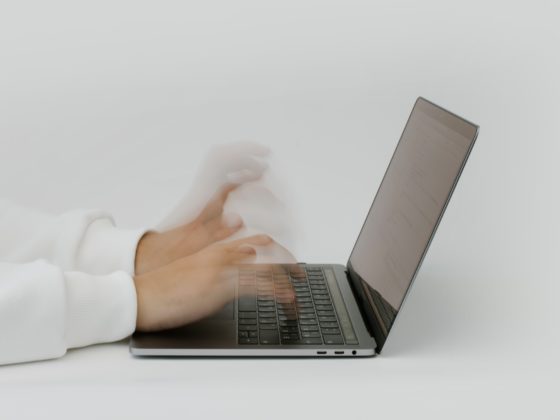Rebellion does not end, it is merely stabilized
Stanisław Grochowiak
From the current perspective, the Polish 1970s appear to have been a period of intense transformations in the realm of art – transformations involving all of its dimensions and features, affecting both its formal and material determinants, as well as institutional circumstances. Writing elsewhere about that decade1, I accentuated the fact that the alternative, radical artistic formations were at the time abandoning the perception of art in terms of form, style and value – still characteristic for the avantgarde of the 1960s – for the sake of a neo-avantgarde approach, constructed around the notion of (self-)analysis, dematerialization and deformalization of art. The 1970s turned out to be the ultimate move away from the ideology of representation and expression towards projects involving action and communication, from object to function, from visual arts to the media2.

In the text mentioned above – as well as in numerous other publications – I indicated the incontestable significance of the media (media arts) in the shaping of the Polish neo-avantgarde paradigm in the 1970s. Nevertheless, I wish to emphasize clearly that the analytical, deconstructivist, radical tendency in the Polish art of that period did not restrict the scope of its influence to the area of media practices. At the time, an analysis of art was also performed in other circles of alternative artistic endeavors – through decomposing (often ironic) of art’s determinants, debunking its ideological foundations, revealing its institutional claims and problematizing the social status of the artist. All this ultimately led to a transgression and abandonment of the negated figures and forms of art, and to initiating actions which, although still bearing the artistic status, were located outside the borders of art3. This activity may be described as a game with art – a game conducted both against it and in its name. This game, despite its often ironic character and its ludic elements, was essentially a very serious activity; each instance consisted in shouldering individual responsibility for art’s fate without the comfort of a possible footing in extant conventions and values.
The area of art perceived as a game seems to me an exceptionally appropriate context for reflections on the work of Wincenty Duniko-Dunikowski.
1 Cf. Ryszard W. Kluszczyński, Warsztat Formy Filmowej 1970-1977 (The Workshop of the Film Form 1970-1977), CSW, Warszawa 2000.
2 Ibidem, p. 10-11.
3 Just as the practices of an analytical-deconstructivist character were not restricted to media arts, so the ironical actions, decomposing artistic institutions and revealing the pretence of artistic authorities did not shun the contacts and relations with the media. All those qualities appeared in miscellaneous arrangements and configurations, defying attempts at hasty, simplistic summarizing; cf. e.g. the text entitled Tożsamość sztuki – tożsamość artysty. O twórczości Józefa Robakowskiego (The Identity of Art – the Identity of the Artist. Reflections on the Work of Józef Robakowski), a chapter in my book Obrazy na wolności. Studia z historii sztuk medialnych w Polsce (Images at Large. Study on the History of Media Art in Poland), Instytut Kultury, Warszawa 1998.




